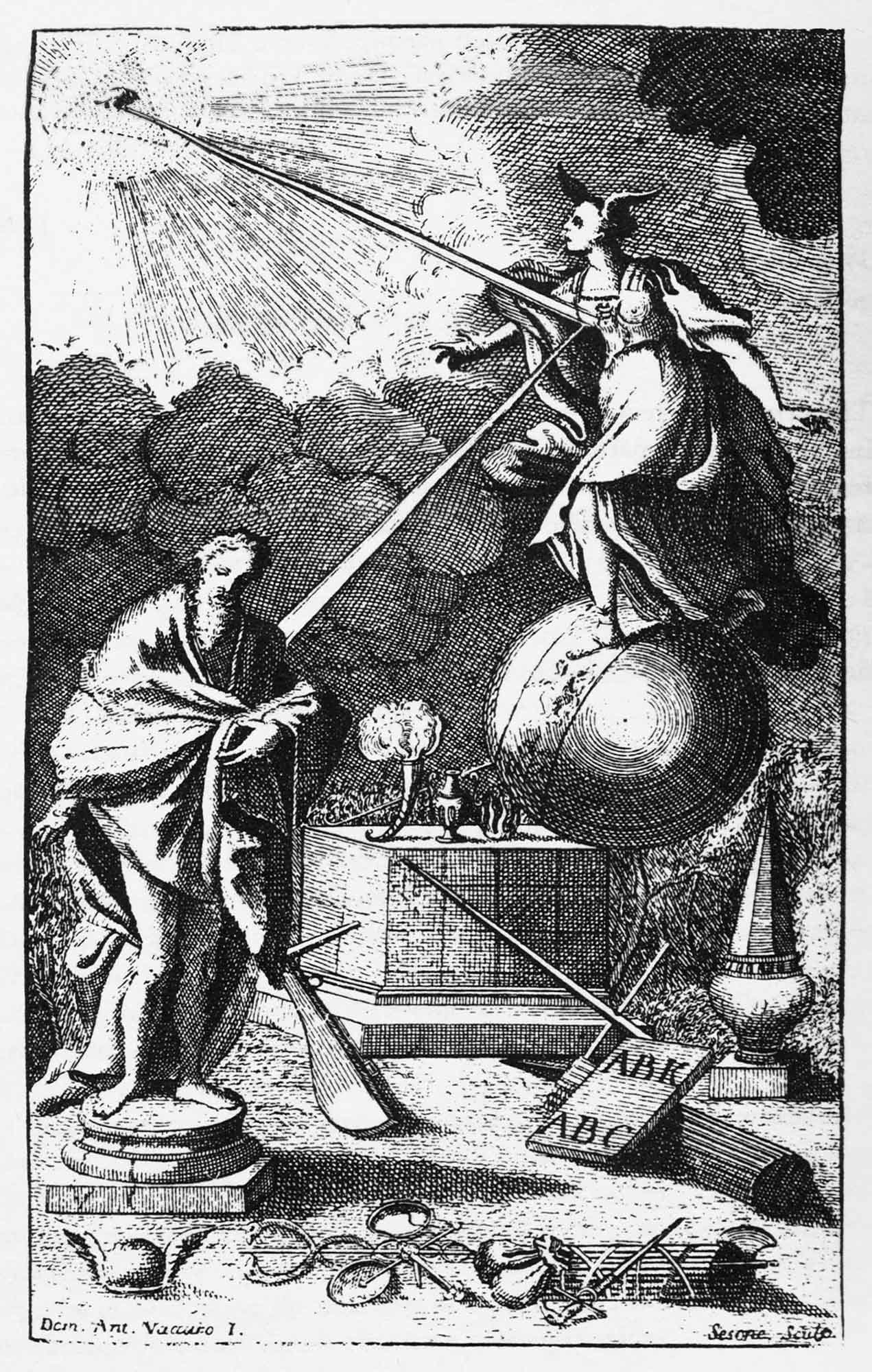About
This series fosters the publication of works in political epistemology, that is, studies on the cultural-historical, socio-economic, environmental and especially political dimensions of knowledge production and scientific research. Giambattista Vico’s motto in the title of the series raises the question about the collective praxis of knowledge.
Verum Factum aims to provide a transdisciplinary forum of discussions about the genesis and the consequences of epistemic activity and the reflections on it. Meta-science (HPS, SSK, STS, etc.) shapes not only the images of science but also the body of knowledge through science politics and research agendas. Contrasting the tendency of meta-science to become isolated and self-referential implies to go beyond radical constructivist and relativistic positions, in favor of a pluralist treatment of socio-cultural structures and collective praxis. Moreover, the power of knowledge and science does not only concern the transformation of the natural environment but also that of society. The series treats the interrelation of science and society with specific attention to socio-economic interests, the constitution of political hegemonies and the ways these dimensions inform scientific knowledge.
The prevailing image of science has been for a long time that of an intellectual institution aiming to improve the conditions of human life through the advancement of learning. This Enlightenment view has been cast into doubt for many reasons, but particularly in consideration of the uses and abuses of techno-scientific developments. Their devastating consequences and perceived irrationality has suggested the irrationality of science itself, its methods, its development and the arbitrariness of its goals. Still, contemporary societies await the realization of the promises of scientific advance in a future to come. However, are such promises purely technological and utilitarian or political in an emancipatory sense? In order to address such question, it is necessary to enter the factory of knowledge production and to consider how it works. Practices, methods and organization should be considered in relation to their implicit principles and explicit rules. In this perspective, the logic of science has by no means to be abstracted from the political economy of which it is pivotal element. Epistemology has to address the relation between scientific labor, society and politics. This leads to the further question about the particular or collective interests behind the orientation in the cultural construction of the environment. In this way, the question about the scientific ‘power over nature’ shifts to the question of the conditions for the direction of scientific labor toward collective goals.

Giambattista Vico, Principj di Scienza Nuova (frontispiece from the 1744 edition)
Formats and open access
All publications in this series will be available in an open-access format. We are open to diverse formats such as monographs, collective volumes, essays, pamphlets, dissertations, research reports, republications, translations etc., as well as new formats and digital experimentation, as we are to new ways of presenting the circulation and transformation of sources.
The series gets infrastructural support by Ca’ Foscari University and Max Planck Institute for the History of Science. This series has benefitted from the financial support of the European Research Council in the framework of the project EarlyModernCosmology (Horizon 2020, GA 725883).
Series boards
-
Editorial collective
-
Institut Français de Pondichéry
-
Università di Verona
-
Max-Planck-Institut für Wissenschaftsgeschichte Berlin
-
Università di Verona & University of Maryland
-
University of Sydney / Toulouse
-
Università Ca’ Foscari Venezia
-
Università Ca’ Foscari Venezia
-
Università Ca’ Foscari Venezia
-
Universität Hamburg
-
Université Toulouse – Jean Jaurès
-
Advisory board
-
Chistian-Albrechts-Universität Kiel
-
HSE Moscow
-
City University of Hong Kong
-
Leibniz-Sozietät Berlin
-
UBC Vancouver
-
Dublin City University
-
Università di Torino
-
Aalborg Universitet i København
-
Universität Stuttgart & Università Ca’ Foscari Venezia
-
Support collective
Contact
Please direct all inquiries to
verumfactum@unive.it
Postal address:
Verum Factum, Dipartimento di Filosofia e Beni Culturali
Università Ca’ Foscari Venezia
Malcanton Marcorà, Dorsoduro 3484/D
30123 Venezia
Imprint
Web design and development
Irene Sgarro